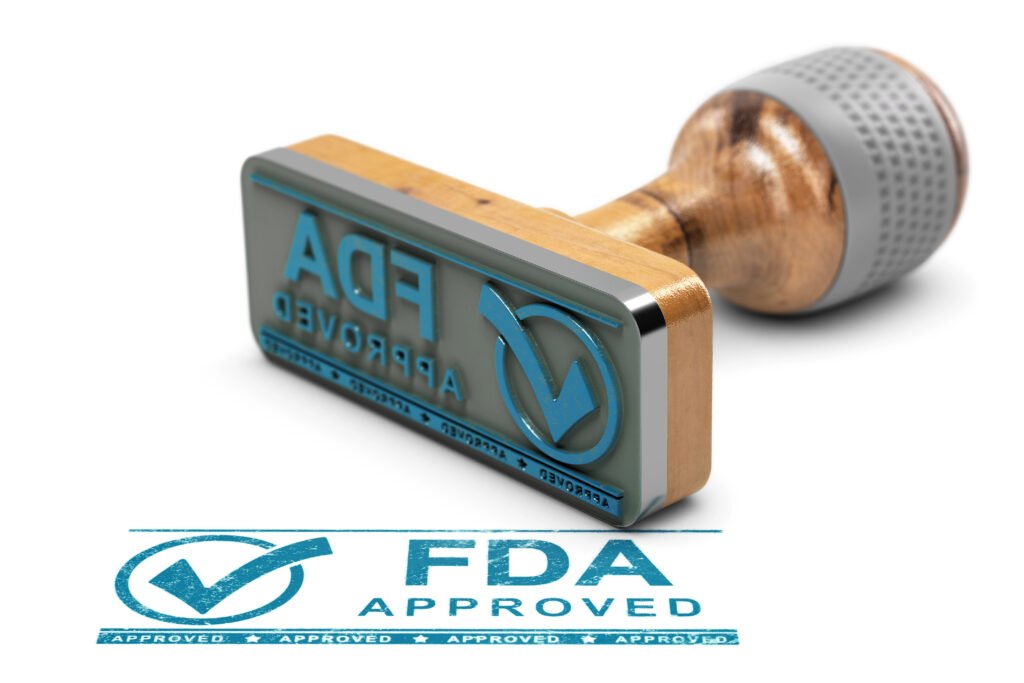Arvinas and Pfizer’s vepdegestrant becomes the first oral PROTAC therapy approved for ER-positive breast cancer, opening new avenues for targeted protein degradation in oncology trials.
Arvinas and Pfizer’s vepdegestrant becomes the first oral PROTAC therapy approved for ER-positive breast cancer, opening new avenues for targeted protein degradation in oncology trials.

On 17 November 2024, the FDA granted accelerated approval to vepdegestrant (ARV-471), a pioneering oral PROTAC (proteolysis-targeting chimera) therapy developed by Arvinas in collaboration with Pfizer. The drug is indicated for patients with estrogen receptor-positive (ER+), HER2-negative advanced breast cancer who have progressed on prior endocrine therapy.
Vepdegestrant represents a new class of targeted therapies that degrade disease-driving proteins rather than merely inhibiting them. By harnessing the cell’s ubiquitin-proteasome system, PROTACs offer a novel mechanism of action that could overcome resistance seen with traditional selective estrogen receptor degraders (SERDs).
The approval was based on data from the VERITAC Phase 2 trial, which showed a confirmed objective response rate of 38% and clinical benefit in over 60% of patients. Notably, responses were observed even in patients with ESR1 mutations—a subgroup often resistant to existing endocrine therapies.
This milestone is expected to catalyze further clinical research into PROTACs across oncology and other therapeutic areas. Arvinas and Pfizer are already enrolling patients in a Phase 3 trial comparing vepdegestrant to fulvestrant, with progression-free survival as the primary endpoint.
For clinical researchers, the approval of vepdegestrant signals a shift toward protein degradation as a viable therapeutic strategy. It also highlights the importance of biomarker-driven trial designs and the growing role of molecular profiling in patient selection.
As the first FDA-approved oral PROTAC, vepdegestrant sets a precedent for future degraders targeting androgen receptors, mutant KRAS, and other historically “undruggable” proteins—potentially reshaping the landscape of precision oncology.
Would you like a companion piece on the future of PROTACs in clinical trials or a visual explainer comparing degradation vs inhibition strategies? I can also adapt this into a press release or social media teaser.
Keep in touch with our news & offers